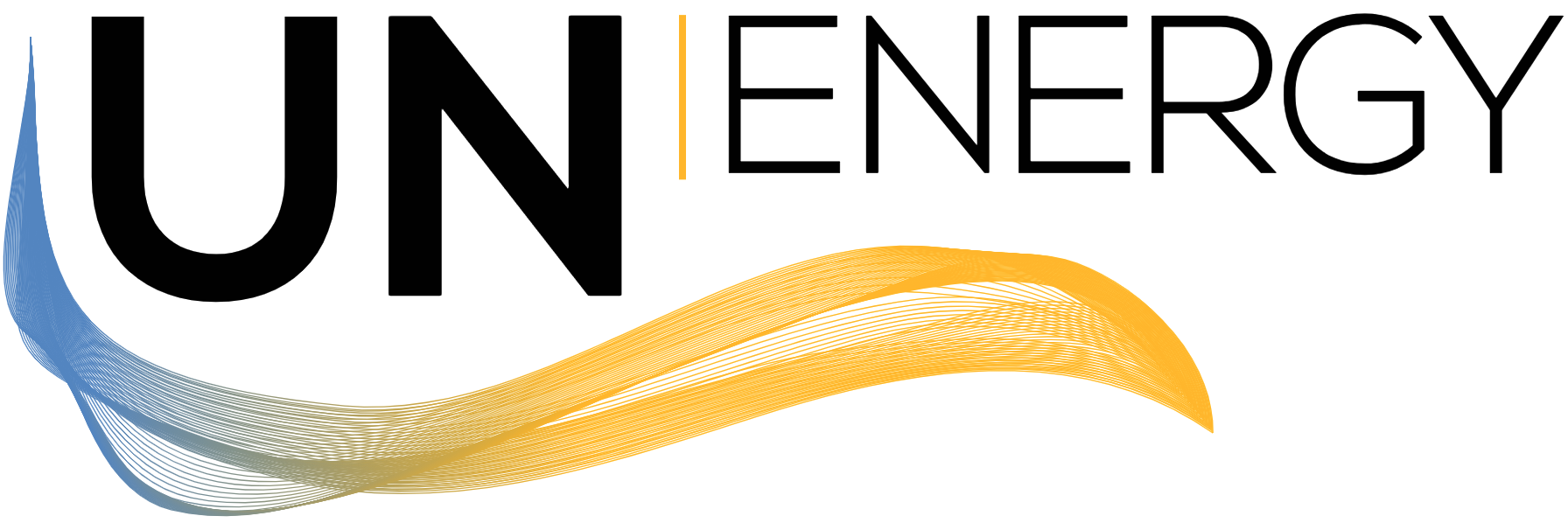EXPERTS BRING DIVERSE PERSPECTIVES TO GLOBAL STOCKTAKING ON SUSTAINABLE ENERGY
Over 100 experts from around the world met virtually on 21 March in two sessions, to share wide-ranging perspectives on how to radically accelerate action to achieve clean, affordable, reliable energy for all by 2030 -- Sustainable Development Goal 7 -- and net zero emissions to support climate goals under the Paris Agreement.
The meetings were part of regional and thematic consultations being organized by UN DESA to prepare for the global stocktaking on SDG7, to be convened on 19 April during Sustainability Week by the President of the UN General Assembly, as mandated by the Assembly. Key questions also included how to scale up multi-stakeholder partnerships and what further intergovernmental arrangements are needed, at the conclusion of the UN Decade of Sustainable Energy for All (2014-2024).
Energy experts from the UN regional commissions and the "custodian" agencies that compile data on SDG7 kicked off discussions. They presented their latest analyses showing how all the energy targets are off-track, despite progress in some areas, and that rapid acceleration is needed -- including for targets on universal access to electricity and clean cooking, boosting renewables and energy efficiency, and increasing international financial flows to developing countries for clean energy.
Experts from governments, academia and international organizations gave their views from their national perspectives or based on their research and on-the-ground work. Discussions included the need for more investment and private sector engagement, for reliability and resilience in energy systems, and for localizing the benefits and opportunities of the energy transition; and technologies such as electric cooking, bioenergy and waste conversion.
Reflecting on the discussions, participants noted the large gap between ambition and implementation, looking at the reality on the ground; that there is no one-size-fits-all solution, given regional contexts; that all hands are needed on deck, from policy makers to scientists and practitioners, women and youth; and the importance given by a number of speakers to continuing dialogue through a dedicated intergovernmental platform.
In addition to the virtual consultations, Member States have been invited to submit written inputs, with a deadline of 31 March, and other views can be submitted through an online multi-stakeholder survey, with a deadline of 3 April. The inputs received in the meetings, written input from Member States, and through the survey will be synthesized in a secretariat summary of the regional and thematic consultations, to inform the global stocktaking.

